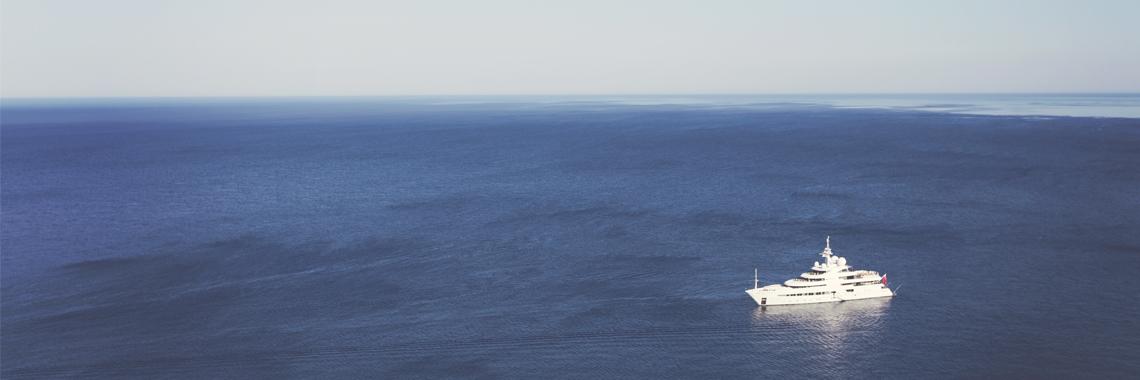Cruising along
A Parkinson's diagnosis can be life-changing, but it doesn't mean you have to give up travelling.
Andrew was diagnosed in 2000 after experiencing problems with walking, fatigue and deteriorating handwriting. At the time, one of his doctors told his wife Betty that he probably wouldn’t be able to walk in five years. This spurred
Andrew on to a fairly heavy exercise regime.
Fifteen years later, Andrew describes himself as becoming a “gym junkie.” He also continues to play golf twice a week, albeit in a golf cart.
Andrew and Betty have recently returned from a cruise around Australia. So, we took some time to ask about his experiences of travelling with Parkinson’s.
Where have you recently travelled?
As I had decided I couldn’t safely drive long distances anymore, many holiday opportunities were closed to us, except rail and sea. Our first cruise - for 14 days - was a round trip from Melbourne to
New Zealand. We travelled alone as we were confident we would not get lonely on a cruise ship.
On our second cruise we travelled around Australia (from Melbourne to Fremantle) and made friends with a couple who are coming to Warrnambool next month to catch up with us again.
How did you make the decision about your destination?
The brochures helped us with this decision. A cruise from “Melbourne to Melbourne” was the easiest for us to manage. A train trip from Warrnambool (where we live) to Melbourne, a taxi from Southern Cross Station to Station Pier and we’d be on the ship. We also both wanted to visit New Zealand again, so the decision was easy.
What did you do to prepare for the trip?
We made sure that we had sufficient medications to last the length of the cruise. We also took the actual prescriptions with us.
What were the highlights of your trip?
The trip was full of highlights – friendships we made on board, live entertainment, wonderful facilities, on board activities, and the excursions and sight-seeing ashore. The food catered for all tastes
and was absolutely wonderful.
What part of the trip was most challenging?
Probably the most challenging aspect was to “pace” ourselves. It was important not to try to keep up with the many activities available day and night.
What are your tips for others with Parkinson’s who want to travel?
Just do it!
